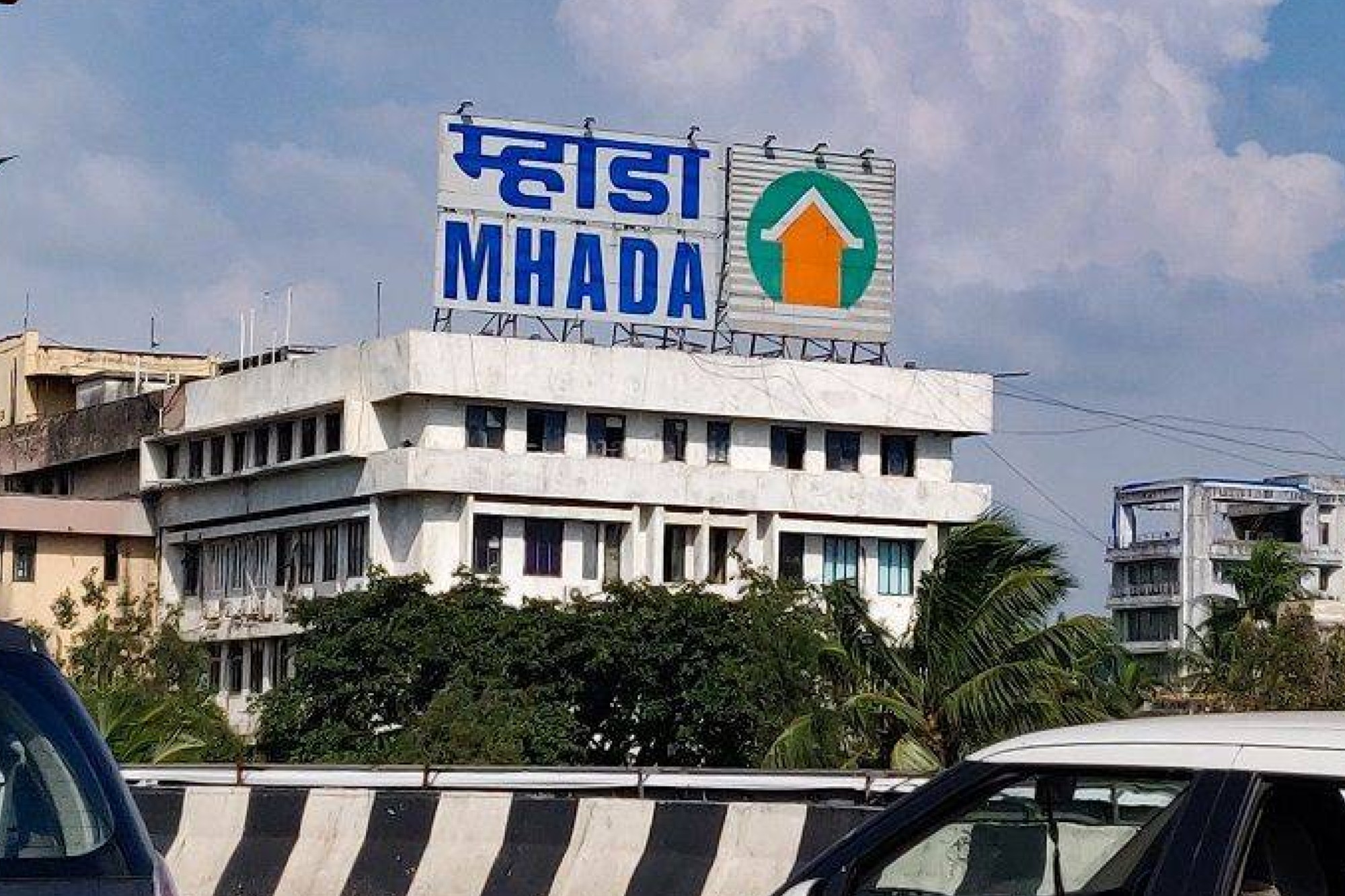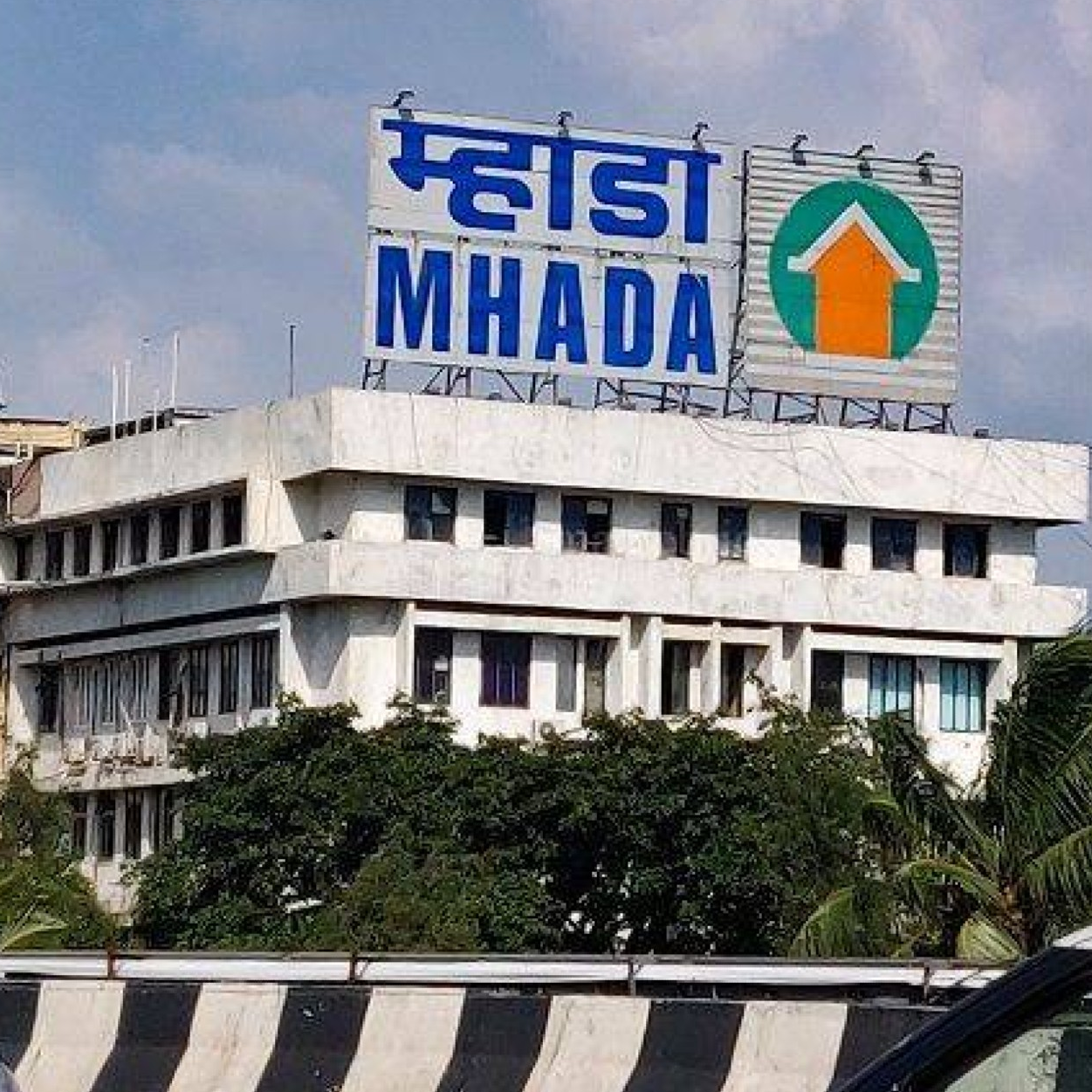
MHADA Revises Redevelopment Policy: A Boost for Affordable, Sustainable Urban Growth in Mumbai
In a city where land is scarce and demand for housing continues to rise, the Maharashtra Housing and Area Development Authority (MHADA) has once again demonstrated its commitment to balanced, people-centric urban development. Under the leadership of IAS Sanjeev Jaiswal, MHADA has revised its redevelopment policy to make projects more financially viable, transparent, and inclusive — ensuring that Mumbai’s redevelopment movement progresses in a sustainable and organized manner.
For decades, MHADA has played a pivotal role in providing affordable and sustainable housing across Maharashtra. Through a transparent lottery system and structured policy framework, it has offered lakhs of citizens the opportunity to own homes in urban centers like Mumbai, Pune, and Nagpur. The latest policy revision continues this tradition, bridging gaps between government intent, developer feasibility, and citizen welfare.
Understanding Redevelopment and Its Economic Logic
Redevelopment — the demolition of old structures and construction of new ones — has become the cornerstone of urban renewal in Mumbai. It allows existing residents to receive larger, safer homes while giving developers a limited share of additional apartments to sell in the open market. Simultaneously, the state benefits from selling additional Floor Space Index (FSI), creating a win-win model for citizens, private sector stakeholders, and the government.
Mumbai, with its aging building stock, urgently needs redevelopment. Over 16,000 buildings fall under MHADA’s jurisdiction, many of which are decades old. Modernizing them not only improves safety and comfort but also optimizes land use in a city where horizontal expansion is nearly impossible. The revised MHADA Redevelopment Policy aims to accelerate this transformation while maintaining affordability and accountability.
Key Revisions to the MHADA Redevelopment Policy 2007
The redevelopment of housing societies under MHADA falls under Regulation 33(5) of the Development Control and Promotion Regulations (DCPR) 2034. This regulation governs how developers or housing societies pay a premium for the additional built-up area available post-redevelopment. The new policy introduces significant reforms to make the process smoother and more financially balanced.
Rationalizing Premium Charges for Commercial Spaces
One of the major revisions concerns premium charges for commercial floor space. Previously, developers had to pay 1.5 times the residential rate for commercial usage, a formula that often rendered projects financially unviable. Reports indicated that premiums ranged from 60% to 140% of residential rates, increasing project costs and delaying execution.
Under the revised structure, the premium for built-up commercial areas will now be calculated based on land rates, market values, and the intended use of the property. This data-driven approach brings flexibility and fairness to redevelopment financing, ensuring that both housing societies and developers can move projects forward without excessive cost burdens.
Flexible Payment Structure: Four and Five Installment Options
Another critical reform involves the phased payment of premiums. To align with the Brihanmumbai Municipal Corporation’s (BMC) policy on development premiums, MHADA will now allow developers and societies to pay premiums for additional built-up area in four equal installments with applicable interest. This phased structure prevents liquidity crunches and facilitates timely execution.
For smaller plots — those under 4,000 square meters — the policy provides even more flexibility. Payments can now be made in five installments: an initial 10% within a month of receiving the Letter of Intent, followed by four installments of 22.5% plus interest every 12 months thereafter. This extended schedule ensures smaller societies and mid-sized developers can participate in redevelopment without financial strain, thereby democratizing urban transformation.
Transparency and Predictability in Premium Structure
Developers often cite the multitude of premiums as one of the main challenges in executing redevelopment projects. These include fungible FSI premiums, lobby premiums, lift premiums, and staircase premiums, which collectively account for nearly 30% of total project costs. By rationalizing calculations and standardizing payments, MHADA aims to make the financial ecosystem of redevelopment more predictable and transparent.
Such predictability not only boosts investor confidence but also reassures residents that projects will be completed within timelines — addressing one of the most persistent concerns in Mumbai’s housing redevelopment sector.
Past Amendments Paving the Way for Reform
The new policy builds upon earlier reforms. In 2022, MHADA relaxed key restrictions by allowing a 5% amenity space above 20,000 square meters and increasing the Floor Space Index (FSI) from 2.5 to 3 for residential redevelopment. For commercial business districts, the permissible FSI went up to 5, reflecting the city’s evolving commercial demand.
Additionally, the state government eliminated the requirement for prior permissions from the Maharashtra government for specific redevelopment cases — such as fire-damaged, legally demolished, or cluster development buildings. These measures streamlined approvals and removed procedural bottlenecks, allowing faster execution and quicker housing delivery.
Policy Reforms Through Pragmatic Leadership
Under IAS Sanjeev Jaiswal’s administrative vision, MHADA has steadily focused on reform through pragmatism — balancing economic realism with social equity. The revised redevelopment framework recognizes that financial feasibility is not at odds with affordability; rather, it is the foundation for delivering results at scale.
By encouraging phased payments and flexible premiums, the new policy promotes project completion without compromising MHADA’s revenue generation or environmental commitments. More importantly, it signals a government approach rooted in partnership rather than prescription — an essential shift for a complex urban economy like Mumbai.
Redevelopment as the Future of Urban Growth
Land scarcity is one of Mumbai’s defining challenges. With nearly 60% of its population living in aging or congested housing, redevelopment offers a rare opportunity to reimagine urban form. The new policy, combined with the reduced consent requirement — only 51% of residents’ approval needed, down from 70% earlier — will accelerate projects, bringing modern housing, improved infrastructure, and sustainable amenities to thousands of citizens.
The larger impact extends beyond real estate. Each redevelopment project creates employment for architects, engineers, contractors, and construction workers. It also contributes to urban renewal by improving drainage, fire safety, parking infrastructure, and open spaces — essential elements for a livable city.
A Constructive Path Forward
The revised MHADA Redevelopment Policy represents more than administrative reform — it embodies Mumbai’s evolving vision of inclusive growth. It recognizes that urban housing cannot be solved through subsidies or single interventions but through a combination of sound economics, institutional trust, and administrative foresight.
As redevelopment becomes the primary engine of Mumbai’s housing future, MHADA’s forward-looking policy — guided by capable leadership and informed by stakeholder feedback — stands as a blueprint for cities across India grappling with similar challenges.
Citizens are encouraged to verify details and updates through MHADA’s official communication channels to ensure accuracy and transparency in ongoing or proposed projects.
Through these reforms, MHADA and its leadership reaffirm a simple yet powerful idea: that urban renewal, when guided by fairness, efficiency, and vision, can make cities both livable and aspirational.



